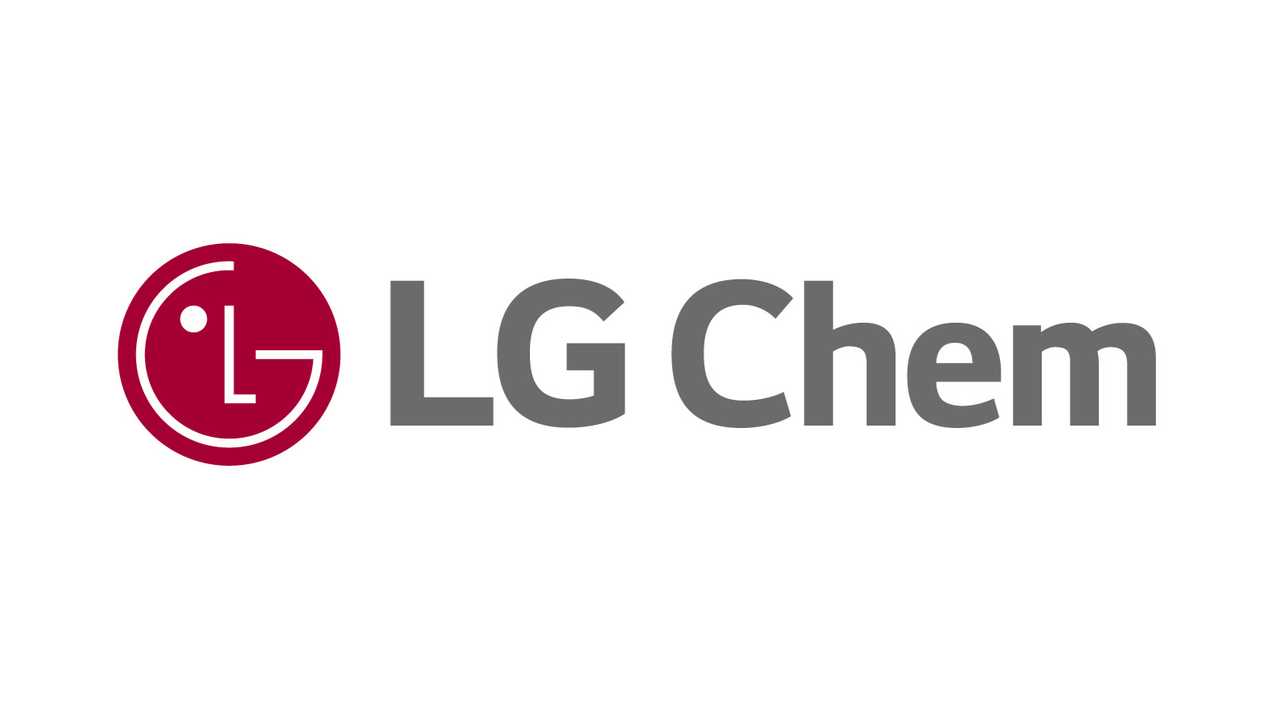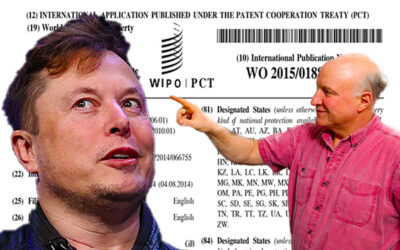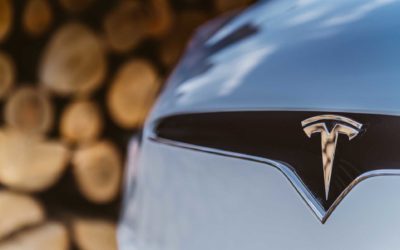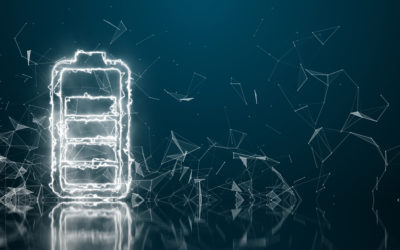[ad_1]

The South Korean media reports that LG Chem is significantly increasing (by 70%) the “productivity” of lithium-ion cell production at its plant in Wroclaw, Poland, which remains operational.
The report is based on numbers of increased capacity of mixing equipment to mix battery materials from 1,300 liters to 2,300 liters at once. The increased capacity, along with other technologies, is reportedly crucial to enhance battery productivity, increase the overall volume (GWh) and reduce costs.
“According to the industry on the 25th, LG Chem recently applied 2,300 liters of mixing equipment to three new production lines in the Wroclaw electric vehicle battery plant in Poland. Previously, 1300 liters were used. This is the first time that it has been known whether a large-capacity mixing equipment will be applied to LG Chem’s European battery plant. The Nanjing plant in China has used 2,300 liter mixing equipment since 2016, but it was not a production line dedicated to electric vehicles. Poland was the first to be introduced among the pure EV battery factories.” – via Google translator
The mixing process to essentially create the materials for further cell production takes about 12 hours.
The ability to make more materials in one run, without sacrificing the properties of the material and quality (the major challenge), could be a vital improvement for LG Chem, which is supplying probably most of the EV manufacturers in Europe.
“Currently, LG Chem’s Poland plant is in full swing to increase yield. The rate of automation is increasing for high-speed and wide-width technologies. With this large-capacity mixing equipment, it is expected to theoretically improve productivity by more than 70%. A senior official at LG Chem said, “To reduce wall prices, materials and equipment are all important.”
The goal for 2020 is to reach battery production of 110 GWh annually (all the plants) according to the report.
Many of us wonder how LG Chem deals with coronavirus outbreak – well, Poland seems to not be affected as much as some other European countries (over 1,000 confirmed cases), so the plant can continue production. However, precautions have been taken – some of them not necessarily smoothly introduced though (via AngryWorkers):
The LG Chem plant is a vulnerable one because once you start some chemical processes, it’s very difficult to just stop them. Then some of those processes require weeks to restart again.
On top of that is a huge demand for batteries – without batteries, most of the European manufacturers will not be able to restart the production of plug-in cars, even if the COVID-19 threat fades away.
[ad_2]
Source link





0 Comments